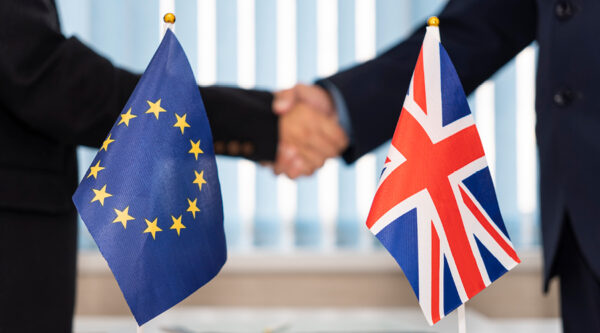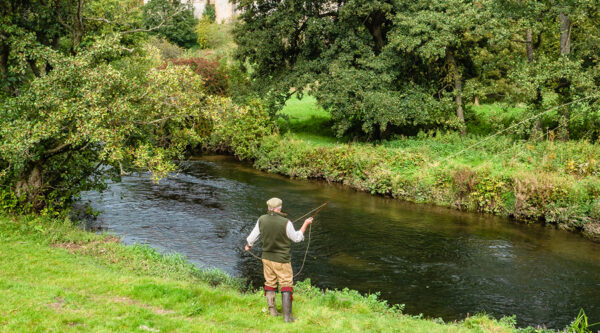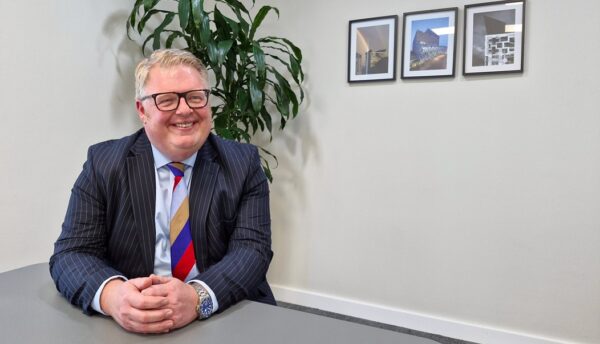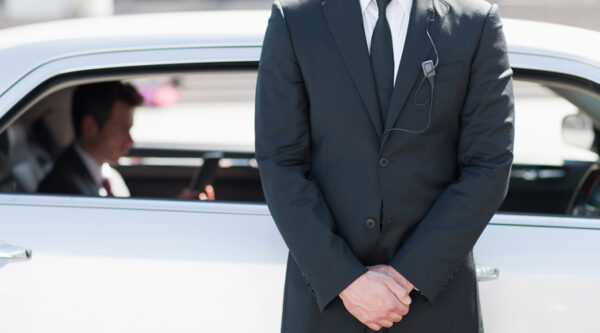
Sir Cliff Richard v The BBC & The Chief Constable of South Yorkshire Police – press freedom versus privacy
4 September 2018

In July 2018, Sir Cliff Richard won his privacy case against the BBC and the South Yorkshire Police over the broadcaster’s report that the singer was being investigated for historic child sexual abuse at his home in August 2014 (Sir Cliff Richard v The BBC & The Chief Constable of South Yorkshire Police [2018] EWHC 1837 (Ch)). He was awarded £190,000 in damages, and a further £20,000 in aggravated damages. Commentators have described this decision as pivotal in the development of privacy law, showing that the press cannot infringe an individual’s right to privacy without legal justification.
The facts
The action arose from the BBC’s breaking news story that the South Yorkshire Police had searched the singer’s home in relation to accusations of historical sexual abuse. The report featured footage of a police raid obtained from flying a helicopter over Sir Cliff’s Berkshire home.
Investigations were dropped in 2016 and no charges were brought. This prompted Sir Cliff to sue the BBC for violation of his right to privacy, under Article 8 of the European Convention on Human Rights (ECHR), and under the Data Protection Act 1998. The South Yorkshire Police settled its dispute in 2017, paying £400,000 in damages and £300,000 in costs to the singer, but the BBC continued to defend the claim.
Judgment of Mann J
In the High Court, Mann J found that the BBC’s coverage of the investigation infringed Sir Cliff’s right to privacy. Mann J stated that there was a public interest in police investigation into historic sex abuse, but this interest here did not compel the public identification of the individual involved.
The judge found that the BBC were trying to get a ‘big scoop’ ahead of its competitors, rather than contributing to a debate of public interest. Sir Cliff had a legitimate expectation of privacy, and his rights of privacy outweighed the BBC’s right to publish the story under Article 10 ECHR.
The damages are to be split in the following fractions: 35% to be paid by the South Yorkshire Police, and 65% to be paid by the BBC. Further damages relating to the financial impact of the infringement on Sir Cliff are yet to be assessed, but could be considerable.
Opinion
This is clearly an important decision in restricting the freedom of the press to intimately report on ongoing police investigations of celebrities, but it is not surprising if one looks at recent developments in privacy law. Mann J pointed out that the context is crucial in determining whether there is a reasonable expectation of privacy. This is not a blanket ban on the press identifying the person being investigated by the police, as some commentators believe.
Many have suggested that new legislation could be introduced to either reinforce or undo this decision. Parliamentary intervention following adverse decisions by the courts is not a new phenomenon though, and we must wait and see if they choose to act on this decision.
The decision should be welcomed, but not because the balance between press freedom and the right to privacy has been permanently adjusted as some suggest. In fact, this very balancing act will be the ongoing focus of the courts in making proportionate decisions for all parties concerned on a case by case basis.
For further advice from Harrison Clark Rickerbys on privacy laws and all other litigation and dispute resolution matters, please click here










